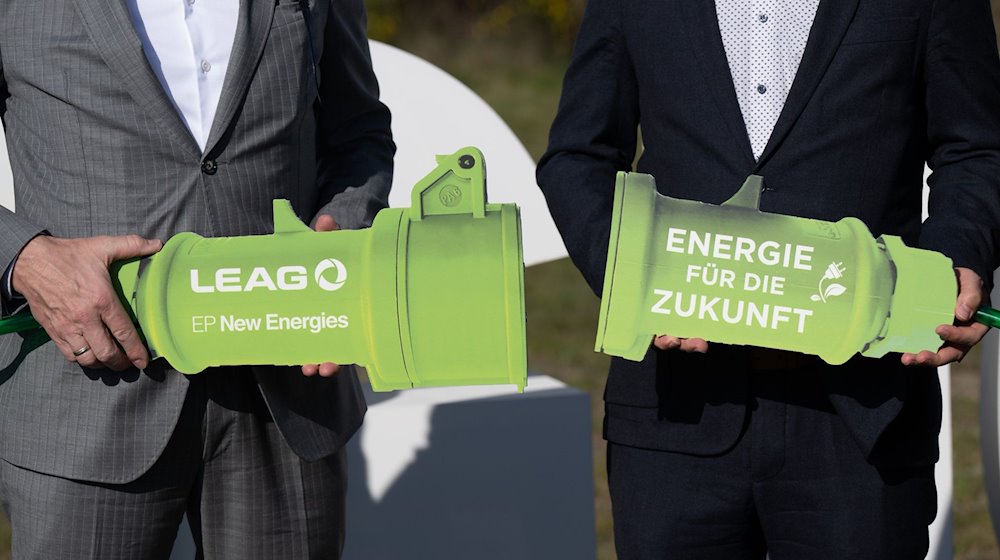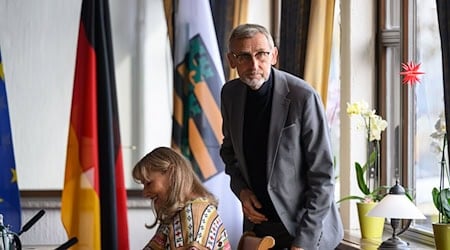The Minister Presidents of Saxony and Brandenburg, Michael Kretschmer and Dietmar Woitke, have sharply criticized the ongoing discussions about the coal phase-out. They had jointly negotiated the lignite phase-out by 2038, "also because the interests of the regions were important to us", said Kretschmer on Tuesday after a joint meeting of the state cabinets at the Boxberg power plant. "We are not only astonished, but also annoyed at how dates have been repeatedly given over the past few years that have no legal basis."
Germany is a constitutional state and there is a law on the 2038 coal phase-out, said Kretschmer. If this was to be changed, it would have to be discussed with the population in the regions and the political leaders, "in order to perhaps create a new consensus, that would be the right way". Monday's G7 decision "is the opposite, it destroys trust", said the CDU politician and asked on what basis the year 2035 was being discussed. "Definitely not on the basis of current law in the Federal Republic of Germany and obviously not on the basis of economic possibilities either."
Kretschmer referred to a recent report by the German Energy Industry Association "with an absolutely horrendous figure of 1,200 billion euros" for the cost of the energy transition as it is currently set up. According to the experts, this is financially, technically and in all probability also not possible with what energy would then cost. In view of this, Kretschmer repeated the offer to "relaunch" the energy transition together, with climate protection in mind, but above all the price of electricity and its economic and social impact. "We need more professionalism and common sense here."
The ministers of the leading western industrial nations (G7) had agreed to phase out coal by 2035 at their meeting in Italy. "I'm not really interested in the figures anymore because there is no mathematical or factual basis for these phase-out figures," said Brandenburg's head of government Woidke. "I'm not surprised by the decision," said the SPD politician, referring to a similar decision by the G7 ministers in 2022 to phase out coal in 2035, "but also to phase out fossil fuels completely". By then, gas-fired power plants, which the Federal Minister of Economics is currently fighting to promote in Brussels, should have already been shut down and scrapped.
"This has now reached a level that would perhaps still be quite funny for a TV joke, but this is about people who simply want to know what will happen to their prospects and their jobs in the region," criticized Woidke. "Then the whole behavior here is, in short, at least grossly negligent."
Copyright 2024, dpa (www.dpa.de). All rights reserved










